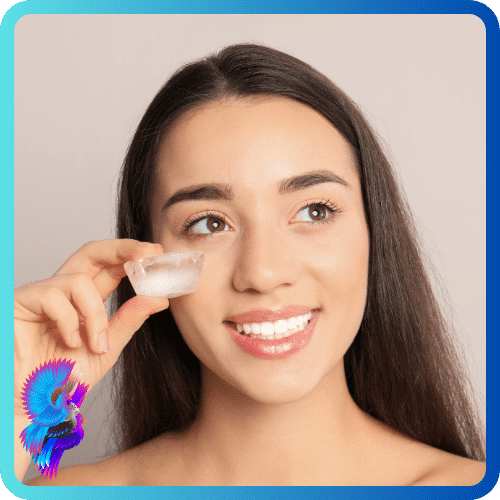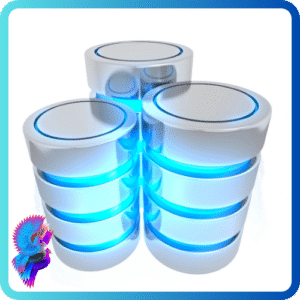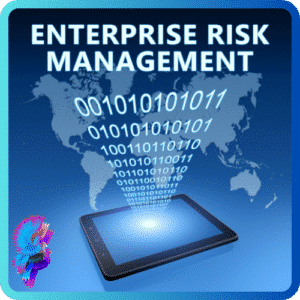Advertisements
If you have oily skin, you may have mixed feelings about it.
On the one hand, oily skin can provide some benefits for your skin’s health and appearance.
On the other hand, oily skin can also cause some challenges and frustrations.
In this article, we will explore the pros and cons of having oily skin and how to take care of it properly.
Sebum (oil) is rich in vitamin E, which is a powerful antioxidant that can protect your skin from free radical damage and inflammation.
Vitamin E can also help heal wounds and scars faster.
Sebum acts as a natural moisturizer, creating a protective layer on your skin that prevents water loss and keeps your skin hydrated.
This can help prevent dryness, flakiness, and irritation.
Oily skin types may have fewer signs of aging than other skin types, such as wrinkles and sagging.
This is because sebum helps maintain the elasticity and firmness of your skin.
However, oily skin also has some disadvantages, such as:
Excess sebum can clog your pores and lead to acne breakouts.
Acne can cause inflammation, redness, pain, and scarring on your skin.
Oily skin can make your face look shiny and greasy throughout the day.
This can affect your confidence and self-esteem.
Oily skin can make it hard to find a suitable sunscreen or foundation that doesn’t feel too heavy or cause more oiliness.
You may need to experiment with different products to find the ones that work best for you.
To manage oily skin effectively, you need to follow a good skincare routine that helps balance your oil production and keep your skin healthy.
Here are some tips to follow:
Wash your face twice a day with a gentle, foaming cleanser that removes dirt, oil, and makeup without stripping your skin of its natural moisture.
Use skincare products that are labeled “oil-free” and “noncomedogenic”.
These products won’t add more oil to your skin or clog your pores.
Apply a lightweight, oil-free moisturizer every day to keep your skin hydrated and smooth.
The moisturizer also helps prevent your skin from producing more oil to compensate for dryness.
Wear sunscreen every time you go outside to protect your skin from sun damage that can cause premature aging and skin cancer. Choose an oil-free sunscreen that has at least SPF 30 and offers broad-spectrum protection against UVA and UVB rays.
Use blotting papers or tissues throughout the day to absorb excess oil from your face without rubbing or spreading it around.
By following these tips and using the right products for your oily skin type, you can enjoy the benefits of having oily skin while minimizing the drawbacks. Remember that oily skin is not a flaw but a feature that makes you unique and beautiful.
Advertisements






























